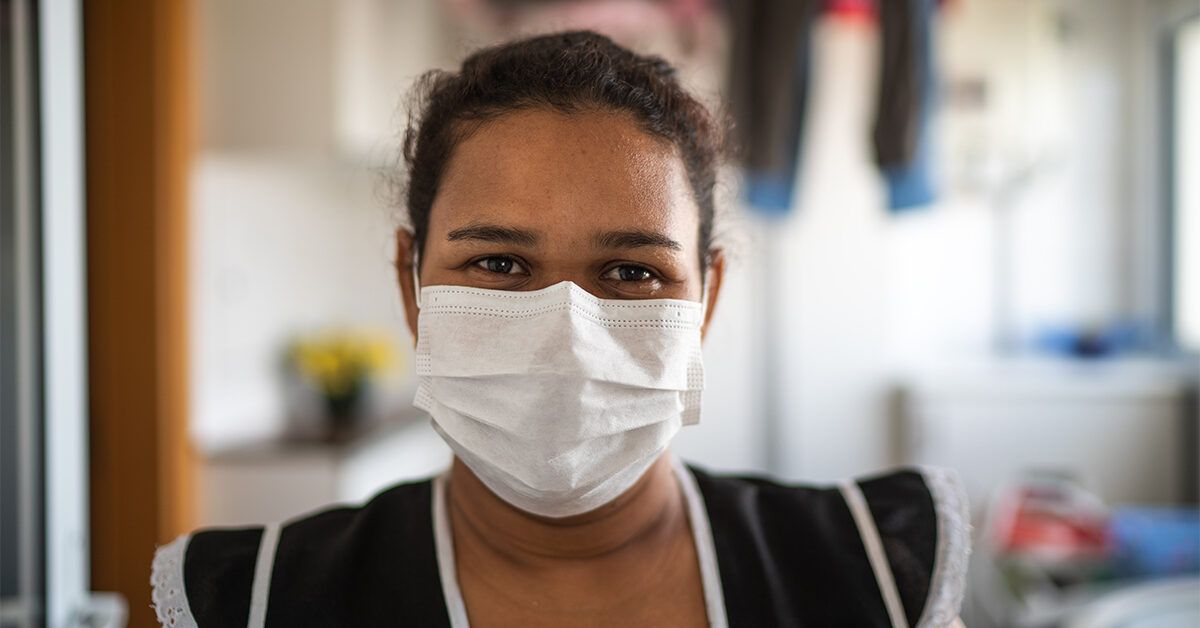Before this latest study, Rodda said work had been done by her research team and others, showing that antibodies are maintained for at least 3 months.
In her team’s
study, in particular, it was shown that this occurs even in people who have mild symptoms.
Their study also suggested that immunity could last much longer.
In a different
study published in The New England Journal of Medicine, researchers in Iceland studied 1,107 people who had recovered from COVID-19 and tested positive for the antibodies.
Over a 4-month period, they found that those COVID-19 antibodies did not decline.
A
study published in the journal Immunity found that people who recover from even mild cases of COVID-19 produce antibodies for at least 5 to 7 months and could last much longer


